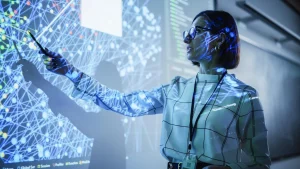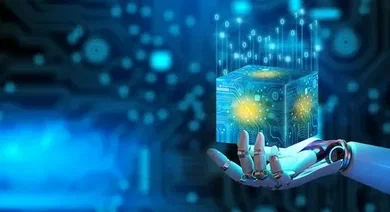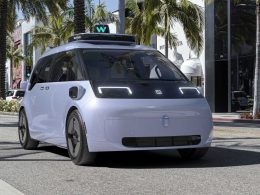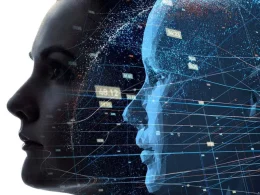Predicted advancements in AI will primarily revolve around machine learning, deep learning, natural language processing, and robotics. These technologies will revolutionize various sectors such as healthcare, automotive, finance, and education. For instance, AI-powered robots will be capable of performing complex tasks with precision, thereby enhancing productivity and efficiency in industries.
The societal implications of AI by 2025 are equally significant. From automated cars reducing traffic accidents to AI systems detecting diseases at early stages, the technology promises to make our lives safer and healthier. However, it also poses challenges such as privacy concerns and job displacement, which we must address proactively.
AI Demystified: A Basic Overview

Before delving into the future, let’s understand the basic principles and applications of AI. At its core, AI is a branch of computer science that aims to create machines capable of mimicking human intelligence. It’s about designing algorithms that allow computers to learn from experience, understand complex data, and make informed decisions.
Currently, AI finds applications in various fields. From voice assistants like Siri and Alexa to recommendation algorithms on Netflix and Amazon, AI is already a part of our everyday life. By 2025, these applications will become more sophisticated, leading to more personalized and efficient services.
How AI is Changing Industries: An In-depth Look
AI is set to transform industries in unprecedented ways. Take healthcare, for instance. By 2025, AI will play a pivotal role in diagnosing diseases, predicting patient outcomes, and personalizing treatment plans. AI-powered tools will enable doctors to analyze vast amounts of patient data quickly, leading to more accurate diagnoses and treatment plans.
The automotive industry will also witness a significant impact. AI will drive the development of autonomous vehicles, leading to safer and more efficient transportation. By 2025, we can expect widespread adoption of self-driving cars, reducing human error and transforming our commuting experiences.
AI in Everyday Life: Present and Future Applications
AI already impacts our daily lives in ways we may not even realize. From personalized recommendations on streaming platforms to voice-activated home assistants, AI is everywhere. By 2025, these applications will become even more integrated into our lives.
We can expect AI to revolutionize our homes, workplaces, and cities. Smart homes will become the norm, with AI-powered devices managing everything from energy consumption to security. In the workplace, AI will automate routine tasks, freeing up time for more complex, creative tasks.
The Economic Implications of AI: Job Opportunities and Risks

AI’s economic implications are twofold. On one hand, it promises to create new industries and job opportunities. As AI continues to evolve, there will be an increased demand for professionals skilled in AI and related fields.
On the other hand, there are risks of job displacement. Automation could render certain jobs obsolete, leading to unemployment. By 2025, we need to ensure that the workforce is adequately prepared for these changes, through reskilling and upskilling initiatives.
AI and Ethics: The Debate around Privacy and Bias
As AI becomes more pervasive, ethical considerations become increasingly important. One major concern is privacy. As AI systems become more sophisticated at collecting and analyzing data, the potential for privacy violations increases.
Another concern is bias. AI systems learn from data, and if this data is biased, the AI system will also be biased. By 2025, we need to have robust mechanisms in place to ensure that AI systems are fair and unbiased.
The Role of AI in Tackling Climate Change and Promoting Sustainability
AI has a crucial role to play in tackling climate change and promoting sustainability. By 2025, AI could help us predict climate patterns more accurately, aiding in sustainable planning. AI can also optimize energy consumption, leading to a greener future.
The Future of Healthcare with AI: Predictions for 2025
In the healthcare sector, AI has the potential to revolutionize everything from diagnosis to treatment. By 2025, AI could enhance precision medicine, enabling doctors to tailor treatments to individual patients’ genetic makeup. It could also transform healthcare delivery, making it more efficient and accessible.
Preparing for a Future Dominated by AI: Changes in Education and Legislation
Preparing for a future dominated by AI requires changes in both education and legislation. By 2025, AI education could become a staple in primary schools, equipping the next generation with the skills needed to thrive in an AI-dominated world.
Legislation also needs to evolve to govern AI advancements. This includes laws around data privacy, AI ethics, and job displacement. By 2025, we need to have comprehensive legislation in place to ensure that AI benefits society as a whole, without compromising individual rights or freedoms.










